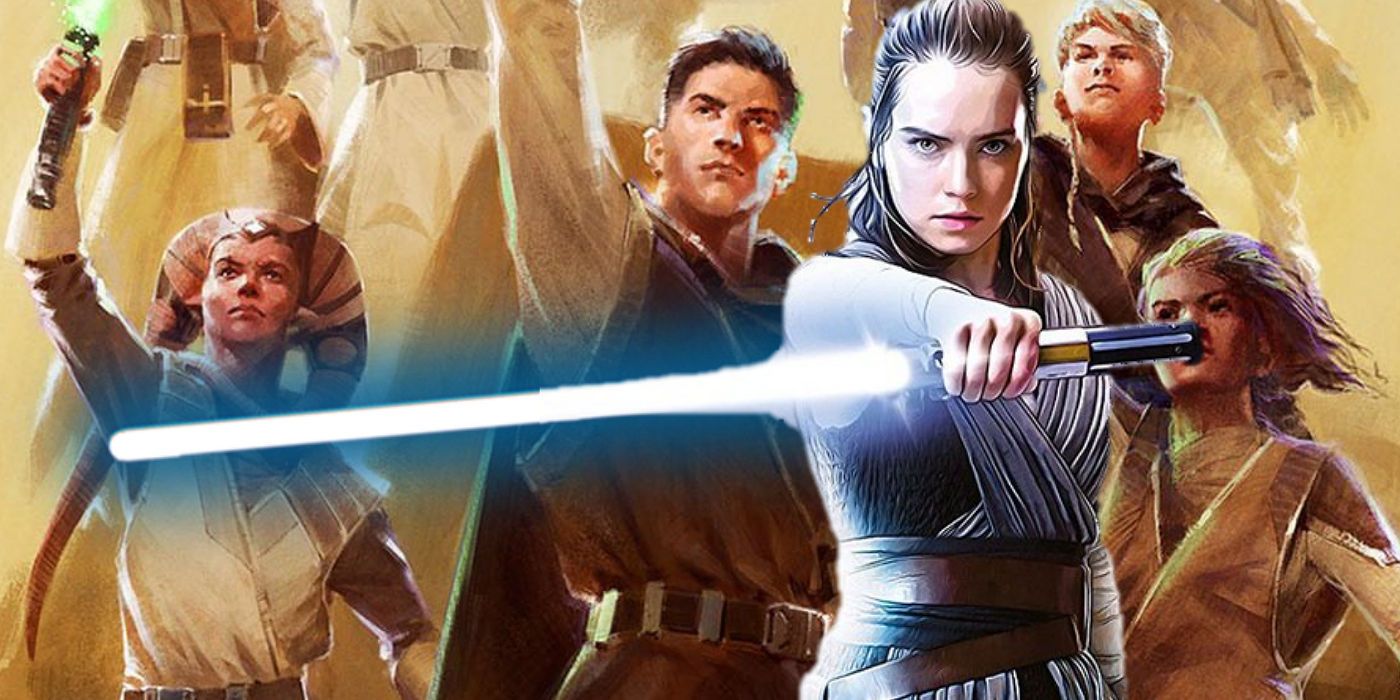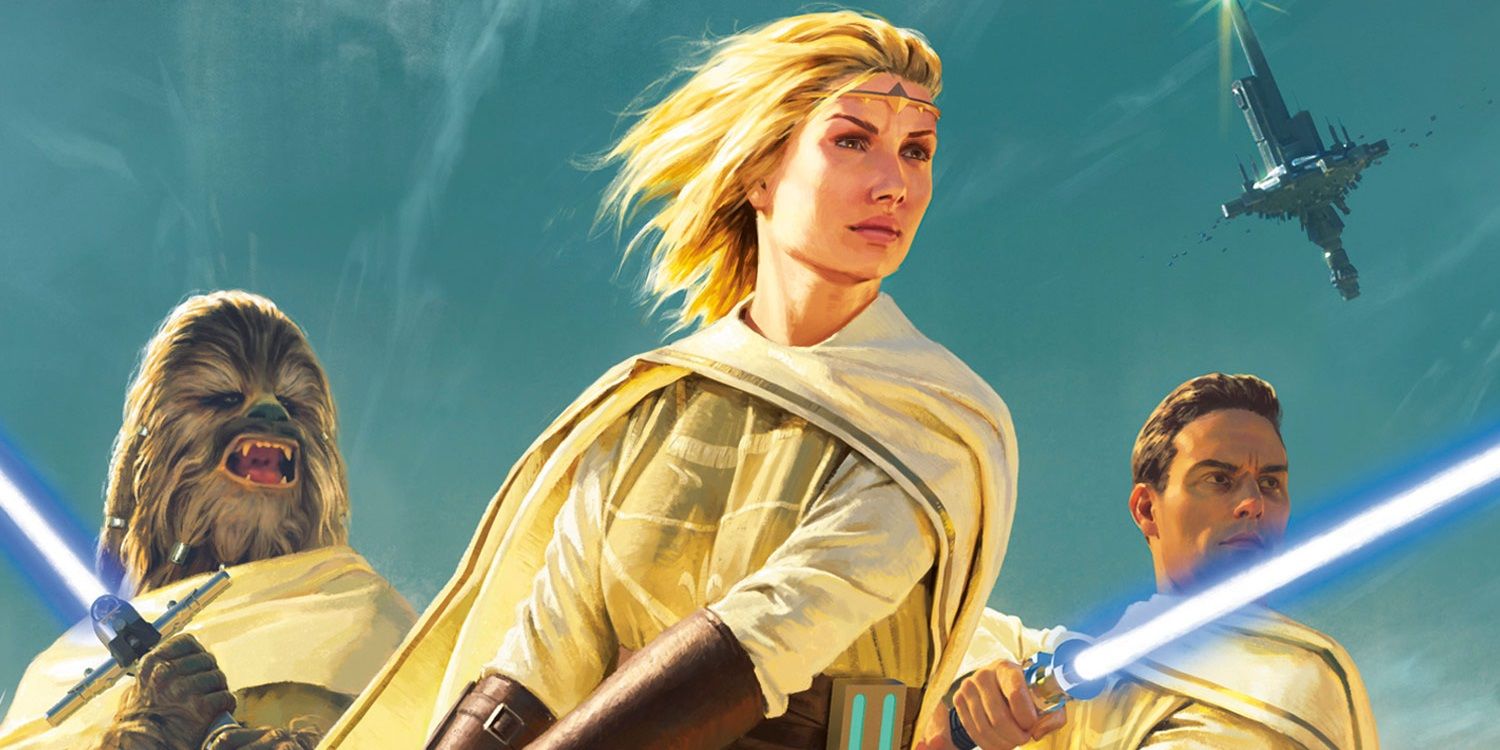
Disney and Lucasfilm understand that the Jedi are the most iconic aspect of the Star Wars universe, but that understanding has over time developed into something of an obsession. As far back as the original trilogy, the Star Wars movies have depicted a classic binary struggle against good and evil, represented by the never-ending conflict between the peacekeeping Jedi Order and the ancient Sith religion. George Lucas borrowed heavily from the work of Joseph Campbell and the idea of the Monomyth for the OT, but when it came time for the prequels, Lucas leaned heavily into contemporary political theater to show the Jedi Order from a more flawed and dogmatic point of view.
After Disney's purchase of Lucasfilm, 2015 brought audiences back to the Star Wars universe for the first time in years with Star Wars: The Force Awakens, which re-awakened ancient concepts such as the Jedi and the Sith after over 40 years laying dormant. The Sequel Trilogy doesn't return the Jedi Order to the prime that they experienced during the High Republic and the tail end of the Galactic Republic, but it does hint at the possibility of Rey starting over where Luke Skywalker failed. As Star Wars prepares to look towards the past with the High Republic, and also the future with The Mandalorian season 2, fans will be receiving a ton of Jedi-related content in the next few years. However, with so much content and lore left to explore in the larger universe, why does the franchise keep focusing on the same faction over and over again?
The entire Skywalker saga revolves around the legacy of the Skywalkers; Anakin, who's fall from grace leads directly into the events of the original trilogy, an intergalactic conflict that forces his own son Luke to step up and confront him. The sequel trilogy also continues the story of the Skywalkers, with the soul of Ben Solo, Luke's nephew, hanging in the balance. But the teachings of the Jedi still loom large in each chapter, as they're partly responsible for the downfalls of both Anakin and Ben, yet paradoxically also responsible for the training of Luke and Rey.

There's so much emphasis on the actions and repercussions of the Jedi, yet strangely enough, in both the original and sequel trilogies, not many people across the universe even know that the Jedi exist. By the time that Luke Skywalker meets up with Obi-Wan they've all but faded into obscurity and legend, a state which makes little sense when considering how much supplemental material Disney has added into canon featuring surviving Jedi and their adventures during the Galactic Empire era. Some folks don't even believe the Jedi existed at all, a puzzling concept considering that they had fought in the Clone Wars only 20 to 30 years earlier.
The lack of presence of the Jedi in the galaxy's collective consciousness should be initiative for Star Wars to start telling more stories that don't revolve around Jedi. If they were truly forced to lay low after Palpatine's infamous Order 66, there's no reason that we're still getting so many stories about them during that time. That's not to say that Force users should be totally absent from these stories; quite the contrary, there are plenty of other Force-wielding factions in the Star Wars universe who aren't Jedi that the movies and shows could emphasize.
For a while, The Mandalorian was a very reliable place to get non-Jedi related content, with the only exception being the presence of Baby Yoda. But now fans can expect to see Ahsoka Tano in season 2 of the show, and while she's no longer a Jedi, she still has strong ties to that way of life. Only time will tell just how in-depth the show dives into the Jedi Order, but one can only hope that it doesn't allow the idea of Jedi to assimilate the rest of the show's exploration of the criminal underworld. For a universe so ripe with storytelling potential, it's time for Lucasfilm to let Star Wars grow beyond just the legacy of the Jedi into something more.
from ScreenRant - Feed https://ift.tt/2HPnWGl


0 Comments